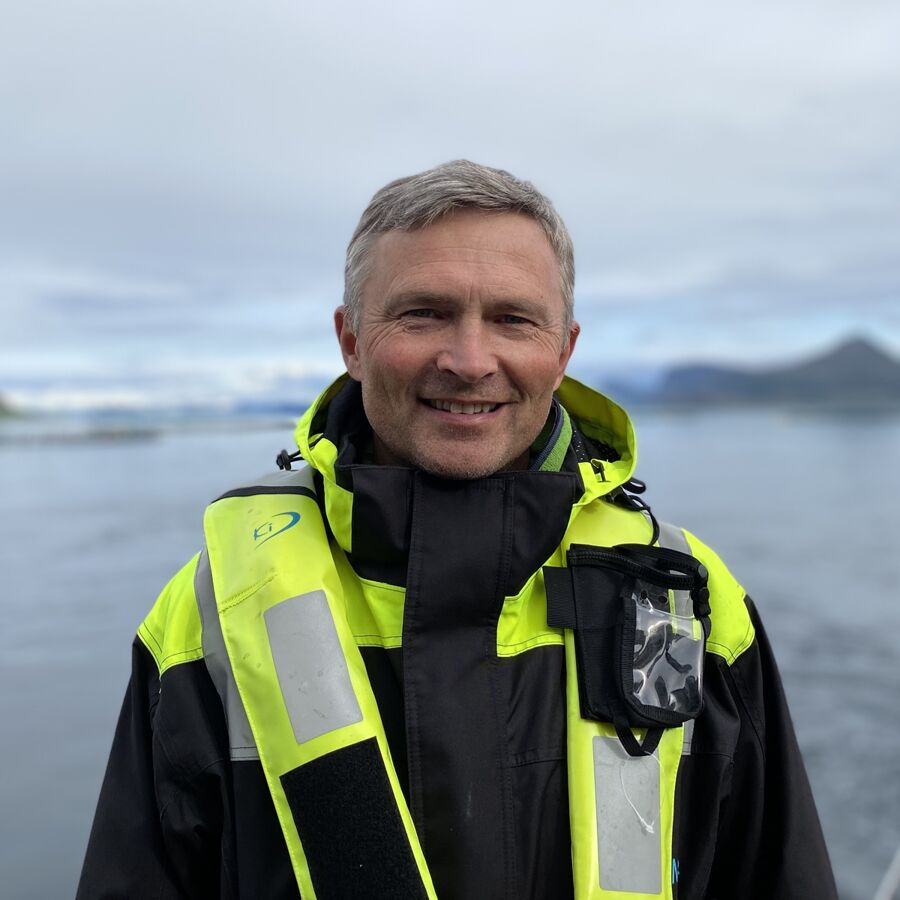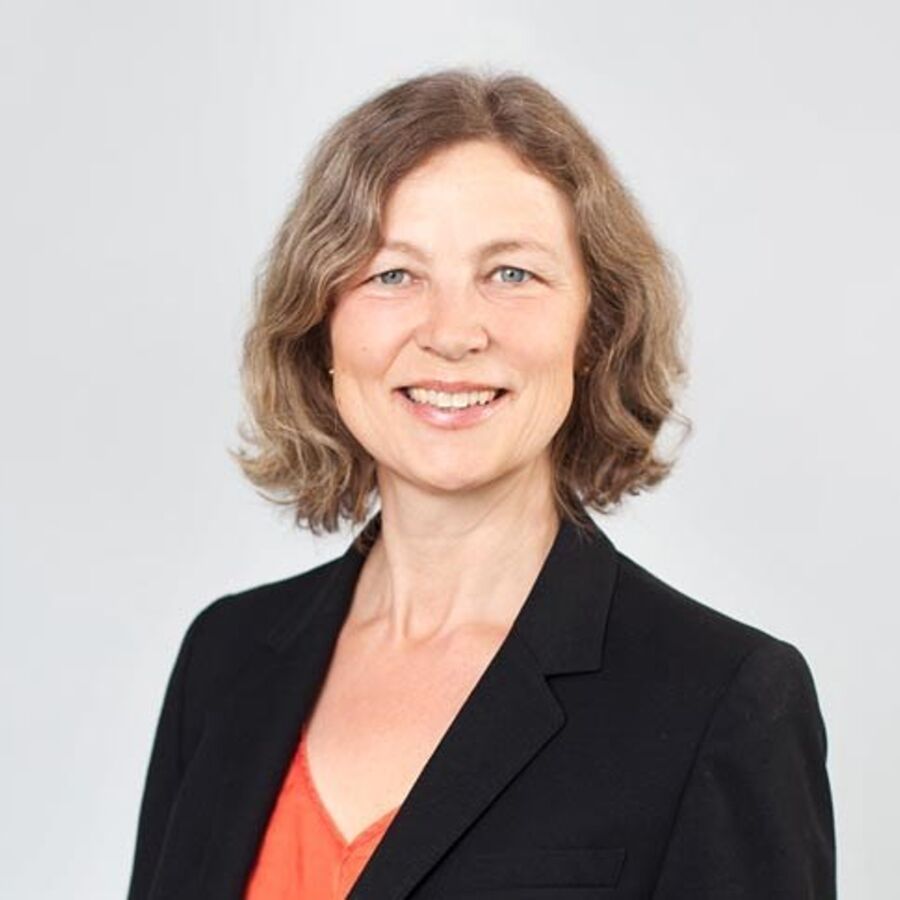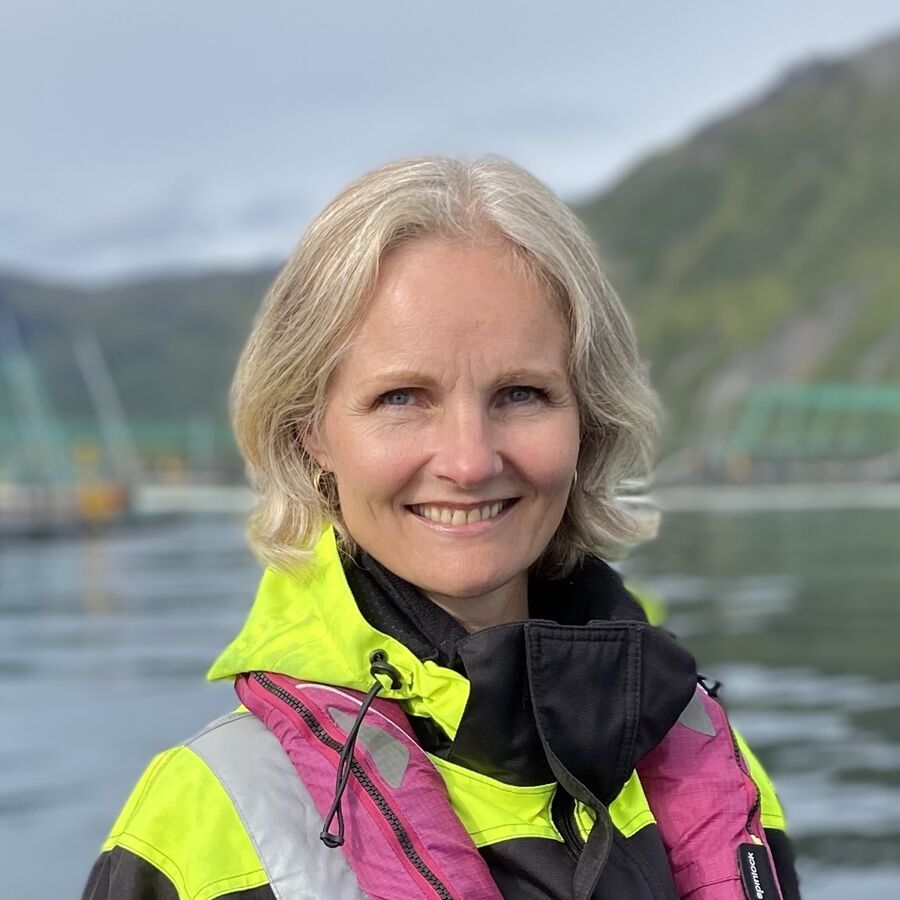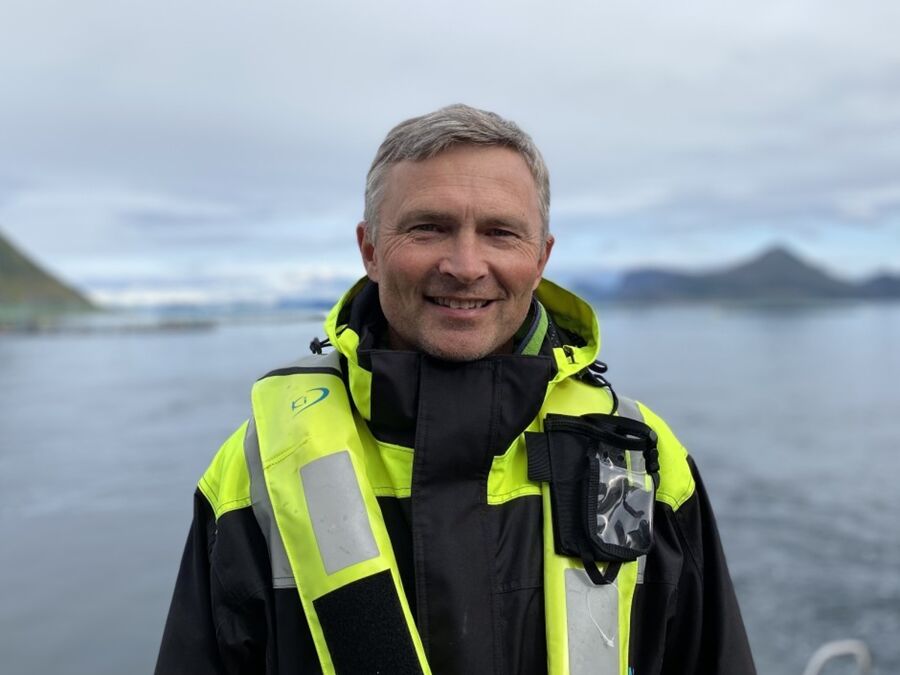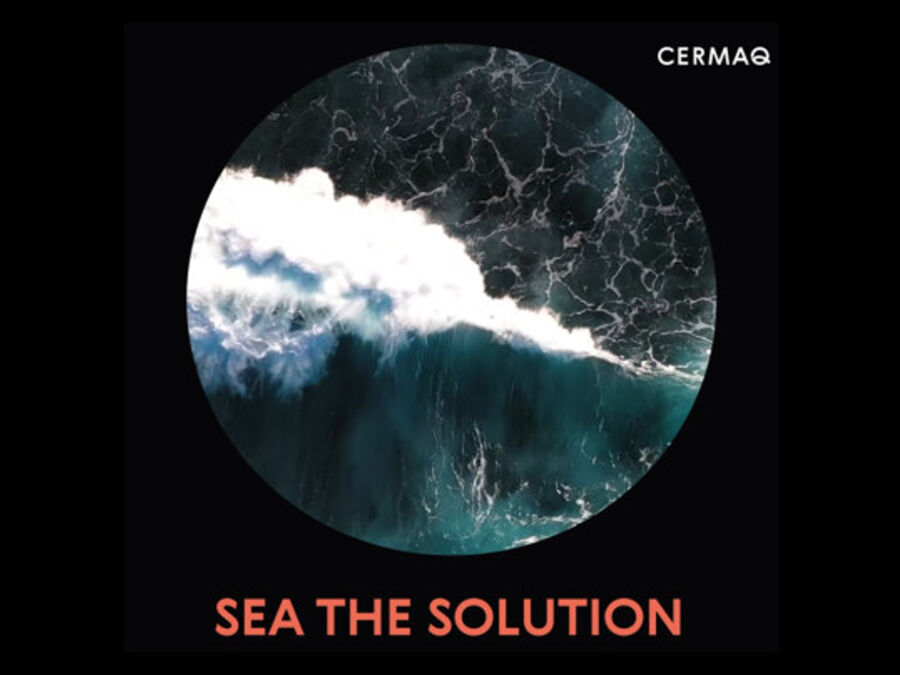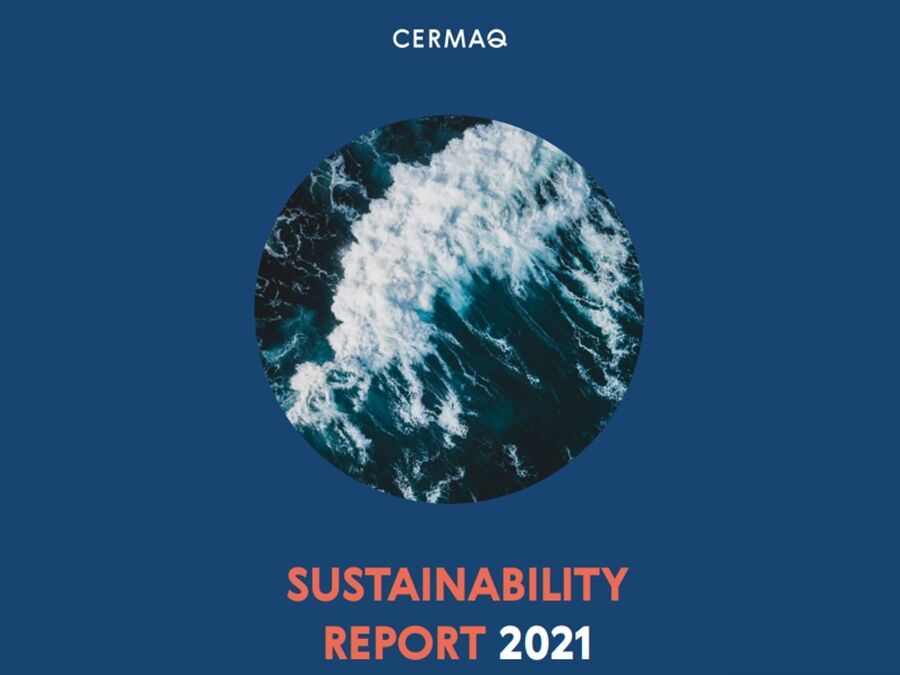News
26.10.2021
SeaBOS speeds up action for sustainable seafood
SeaBOS advanced in concerted drive for changes in the global seafood sector when CEOs from ten of the largest seafood companies in the world and leading scientists from the Stockholm Resilience Centre, University of Lancaster, and Stanford Center for Ocean Solutions met earlier this month.
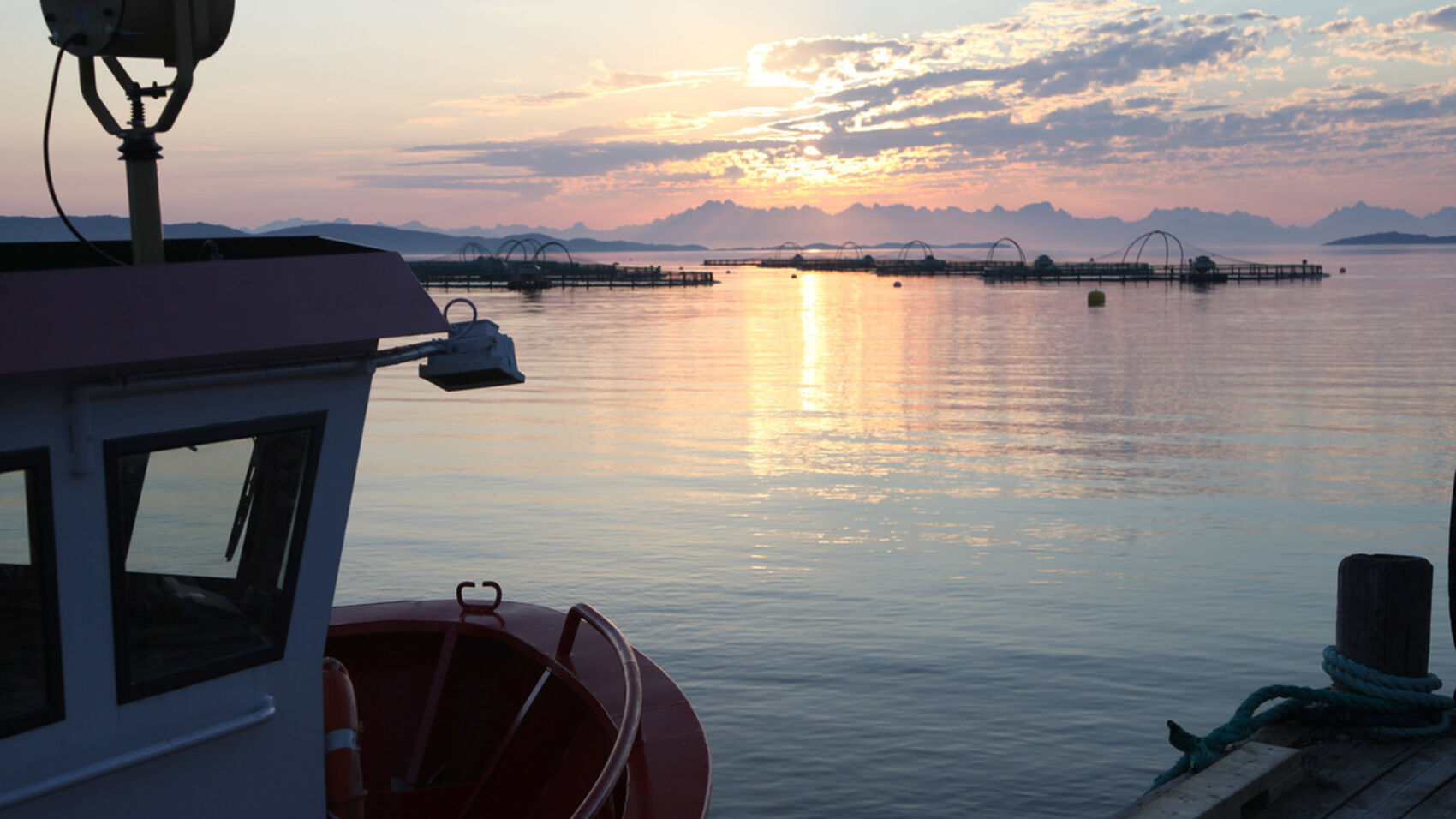
“Since the launch in 2016, SeaBOS has established a platform for driving transition in the global seafood industry. The unique collaboration between companies and leading scientists now yields actions and concrete results. While I am proud of what we have achieved so far I am also eager to advance further” says CEO Geir Molvik.
Reducing the need for antibiotics
Antimicrobial resistance is a global health threat, and the seafood industry must do its part to secure the future benefit of antibiotics. Working towards reducing the use of antibiotics in aquaculture is one of SeaBOS’ key commitments.
SeaBOS has mapped the use of antibiotics in the operations of the member companies. The survey revealed the complexity of antibiotics use in aquaculture with differing international, national, and regional legislative requirements (as well as species and location variations), along with multiple different ‘codes of conduct’ and ‘farming standards’ already in existence.
To establish mechanisms to reduce and/or phase out from aquaculture operations ‘High priority critically important antimicrobials for human health’, and ‘Critically important antimicrobials for human health’ as defined by the World Health Organisation, SeaBOS agreed to develop a code of conduct on antibiotics.
This code will draw upon multiple existing frameworks, incorporate increased collaboration between members as well as with existing global agencies, veterinary groups, pharmaceutical companies, and academic experts in the field to develop solutions for business to meet the goals.
Climate action
SeaBOS recognises the role of seafood in the twin problems sustainable food production and climate action. The members combined actions to date on addressing greenhouse gas (GHG) emissions have resulted in an estimated 131,117 tonnes of CO2-e being removed from their operations, compared to 2018 levels (equivalent to removing 28,504 cars from our roads).
SeaBOS agreed that all member companies before May 2022 will define explicit GHG emissions reduction goals aligned with the United Nations Framework Convention on Climate Change goal to limit global warming to well below 2, and preferably to 1.5 degrees Celsius.
Cermaq will cut 35 percent (in absolute figures) of its total greenhouse gas emissions by 2030. This commitment is based on the Science Based Target Initiative’s framework.
Strengthening regulations
Many of SeaBOS key commitments relate to strengthening of regulations. SeaBOS will remain actively engaged with agencies promoting and accelerating sustainability of seafood.
SeaBOS will build on the unique collaboration and co-production model between science and industry in working with governments.
The critical role of sustainable seafood in human health and nutrition, and the opportunity to mitigate climate change impacts through innovative approaches in the seafood sector are both key elements for SeaBOS inputs to the 2021 UN Food Systems Summit and the United Nations Climate Change Conference (COP 26).
SeaBOS also agreed initiatives on stopping IUU fisheries and modern slavery and on protecting endangered species.
About SeaBOS
SeaBOS was founded in 2016 as a unique collaboration between CEOs from ten of the largest seafood companies in the world, and leading scientists from the Stockholm Resilience Centre, University of Lancaster, and Stanford Center for Ocean Solutions.
Their aim is to lead a global transformation to sustainable seafood production and healthy ocean through implementation of a series of key commitments. Science-based solutions have been developed including measurable and timebound goals towards meeting those commitments. Each year the group hold a ‘Keystone Dialogue’ to review progress, determine new directions, and establish time bound goals.
Related Content
Press contacts
